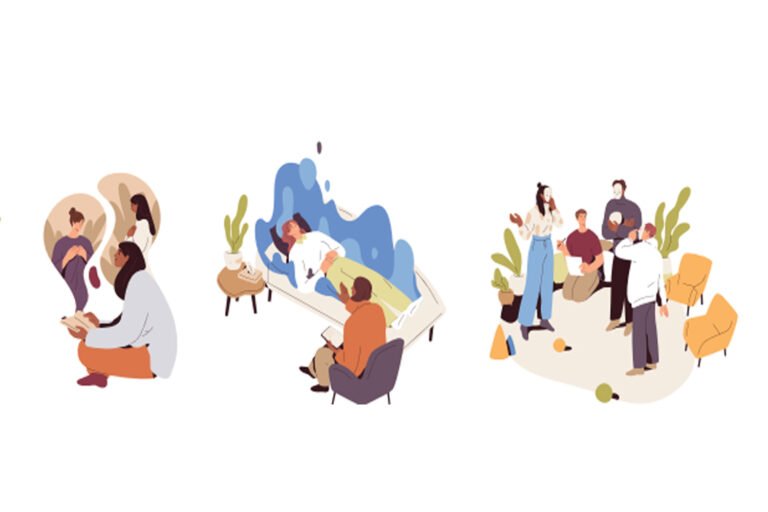Discussions about mental health are often accompanied by misconceptions about who it affects. Over time, some of these myths have faded, but mental health disparities still cast a shadow over certain communities in our society. It is widely known that mental health issues can affect anyone, regardless of their background. But what is often overlooked is which groups are more susceptible and how certain communities miss out on the resources needed for a healthy mind.
Our goal is to build a world where everyone, regardless of their background, has access to the support they need to overcome life’s challenges. Unfortunately, this desire is often not realized. Mental health disparities persist silently, disproportionately impacting communities most in need. why is that? Why do people who need essential services find it difficult to access them? And why are certain communities more likely to experience mental health problems?
The answer lies in the complex interplay of social, economic and cultural factors that shape our lives.
Consider two people facing similar stressors, such as challenges at work, the loss of a loved one, or relationship problems. Their ability to cope is influenced by the resources available to them. This unequal distribution of support systems is a major cause of mental health disparities. The environment we grow up in and the people around us have a huge impact on our mental health. In marginalized communities, factors such as limited access to quality education, poverty, and systemic discrimination create environments in which mental health problems are more likely to occur.
Imagine someone who grew up in a disadvantaged neighborhood where schools lacked adequate resources, employment opportunities were scarce, basic needs were unmet, and discrimination was a daily reality. In such an environment, this person may have low self-esteem and uncertainty about future outcomes. This leads me to think deeply about the impact these situations have on an individual’s mental health. Without access to affordable counseling and support, they can face anxiety, depression, and other challenges. This is a common situation for many people facing similar situations. It’s not just about personal resilience. It reflects systemic barriers that can impede mental health.
Now, imagine an alternate reality where these people have access to quality education, economic opportunity, and a supportive community. The mental health of these people can go in a different direction. Mental health can still affect anyone, but access to services when a problem occurs or is needed can significantly reduce its impact on our lives and wellbeing . Shouldn’t this be the standard we all aspire to in our communities?
Amidst the challenges, there is also optimism in the examples of communities coming together to break the cycle of mental health disparities. This is especially true for marginalized communities who show incredible strength, cohesion, and resilience. In these communities, grassroots organizations that offer free mental health workshops can be highly effective, giving individuals coping mechanisms and fostering a sense of community. This increases individual well-being and creates a ripple effect that positively impacts the entire community. There can be stigma and stereotypes about mental health services, but by engaging with the community and communicating with residents, we can remove barriers that prevent people from seeking the help they deserve.
Navigating the complexity of mental health disparities requires recognizing the importance of diverse cultural perspectives in mental health care. Each community has a unique view of well-being, and a one-size-fits-all approach is insufficient. Individualized support is essential, meeting the standards required for mental health interventions and respecting different perspectives and values.
Everyone may need help during difficult times, but those who are lucky enough to have it readily available will receive sufficient support. But what about those individuals and communities who don’t get the help they need? For them, the challenges can be quite severe. It’s not a question of comparing struggles. It’s about understanding and empathy. Recognize that everyone should have access to the support they need for good mental health, especially when they need it most. As a society, we must work together to remove barriers and create inclusive environments that promote well-being for all.


